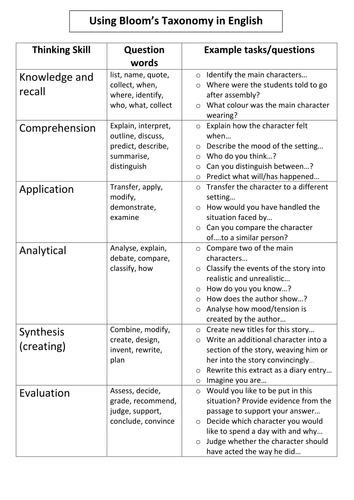Communicative Approach
Introduction
The
Communicative approach is a learner centred approach. It gives the learner not
only grammatical competency but also a sort of skill as to what to say, how to
say, when to say, and where to say in order to satisfy his/her daily needs or
larger aims.
In
the communicative approach apart from fluency of saying something, accuracy and
appropriateness are equally important. Of course an efficient user of language
needs to produce grammatically well – formed sentences. The teacher has to develope
in the pupils both rules of use (what to say & how to say) and rules of
usage (grammatically correct sentence).
Meaning
This
approach pays attention to functional as well as structural aspects of language
and combines these into a more fully communicative view. It emphasizes that the
goal of foreign language teaching is to develop “communicative ability” among
the learners.
This
approach considers language not only in terms of its structures (grammar &
vocabulary) but also in terms of communicative functions that it performs.
Aims of Communicative Approach
@ To develop both accuracy and fluency from
the very beginning of language learning.
@ To tolerate the mistakes or errors as
stepping stones to correct learning .
Importance
X The learner is helped to acquire language
forms to their potential functions and /or social meaning
X The learner is placed in situations and he
must use language as an instrument for satisfying communicative needs. Here the
criterion for success is functional effectiveness rather than structural
accuracy.
X The learner can be helped to use language
as an instrument for social interaction. Ex: Role play
Purpose
Communicative
ability can be achieved through communicative activities in the class. They are
learner - directed activities. They can;
W Provide structural ‘whole task practice’
W Improve motivation
W Allow natural learning
W Create a content which supports learning
Types of communicative
activities
There
are two main categories;
Functional communicative Activities
The
teacher creates a situation in which learners must solve a problem with
whatever language they have at their disposal. It may not even matter whether
the language is grammatically incorrect. The main purpose of his activity is
that learners should use the language they know.
For
example a small talk on a particular topic for just three minutes is an
activity for functional communication. Success is measured primarily according
to the immediate situation.
Social Interaction Activities
The
learners chooses language which is not only functionally effective, but also
appropriate to the social situations he is in. Learners pay greater attention
to the social content in which their interaction takes place. Simulation and
role play are important techniques for creating a wider variety of social
situations.
Teacher’s role in
Communicative Approach
The
teacher must;
¶ Be a perfect model in speech
¶ Stress on oral communication not bothering
about systematic grammar rules
¶ Create situations in which pupils express
their ideas and suggestions
¶ Insist on meaning in speech activity more
than any thing else
¶ Mediawares like TV, video and audio
cassette player can be used often
¶ Give language exercises which will bring
out the originality and creativity of pupil’s ideas
¶ Let the pupils observe lexis and structure
unconsciously
¶ Create where the pupils speak more on his
own
¶ At a later stage, make pupils describe
things and explain functions of certain organs, machines, etc.
Merits
C By
interacting in pairs and small groups, pupils feel confident and do better.
C Learning
will be self- generating exercise
C They
get more language practice because nobody feels inhibited by grammatical rules
and definitions
C They
acquire fluency and accuracy and appropriateness of English use
C Co-operation
in language learning is a great motivating factor and helps each individual to
shed his shyness and show his individuality in using English.
Demerits
D Our overcrowded class rooms and unwidely
benches make group work and face to face discussion very difficult to organize.
D An average teacher with limited language
skills cannot make a success of their approach
D When the students can well communicative in
their mother tongue, there is no genuine desire in them to talk in English and
take part in elaborate discussions in English.
D Detailed classroom techniques integrating
the textual lesson and communicative tasks have yet to be evolved for the
benefit of the teachers of English
Conclusion
In
the present global village, English is a growing and living language. This has
created awareness among the people to learn the language in its time form and
manner. It is in this respect that the language skills are to be developed,
nurtured, cultured and harnessed.
In the class, I expect you to discuss various activities that can be conducted in this approach...


